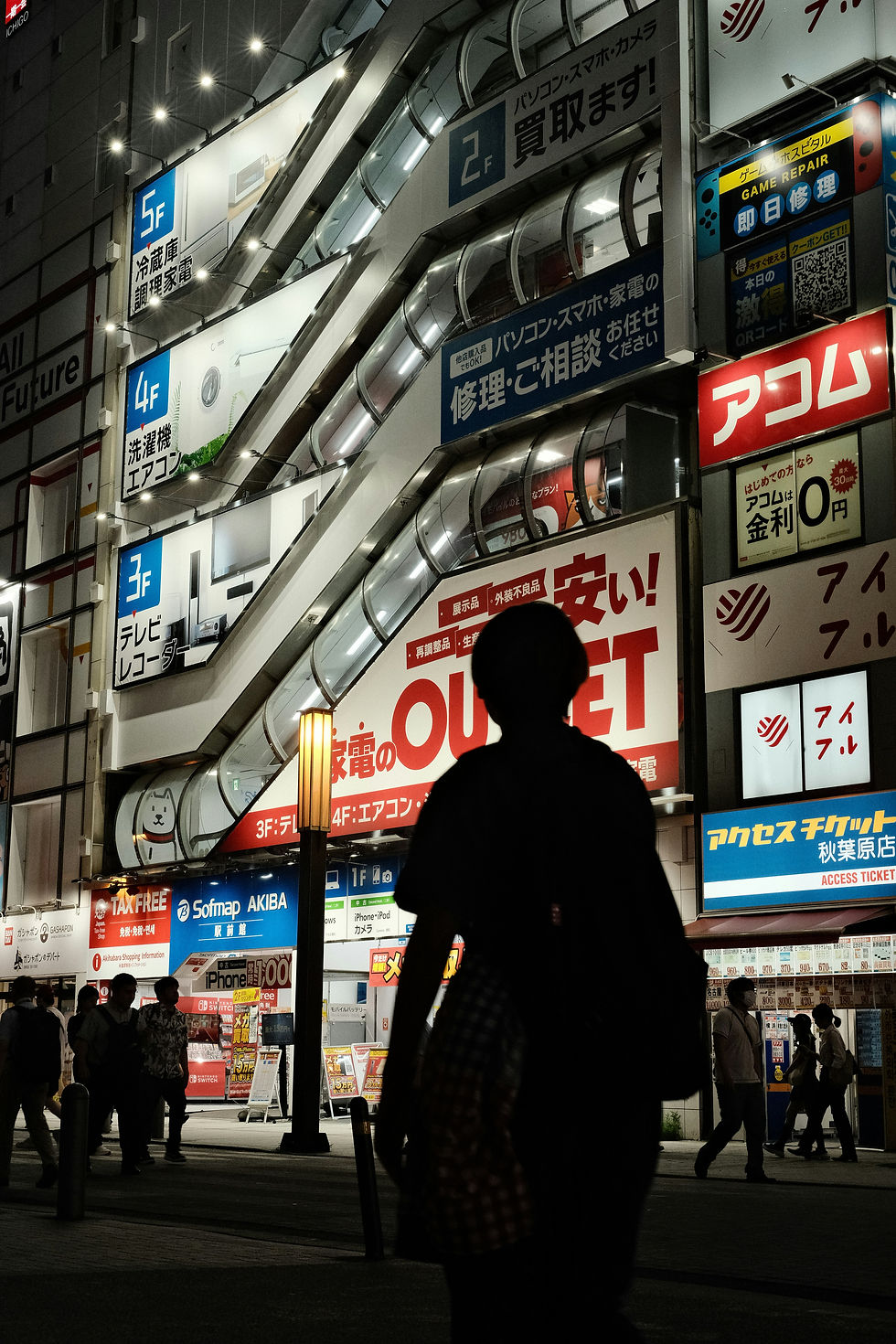Submit a Guest Post in Djibouti
- Alpha Book Publisher

- Nov 13, 2024
- 4 min read

Djibouti: An Overview of the Country, Its Importance, and More
Is Djibouti a Muslim Country?
Yes, Djibouti is a predominantly Muslim country. About 94% of the population in Djibouti identifies as Muslim, with the majority following Sunni Islam. The remaining 6% of the population practice other religions, including Christianity. Islam plays a significant role in the country’s cultural, social, and political life.
What Currency Does Djibouti Use?
The official currency of Djibouti is the Djiboutian franc (DJF). It is abbreviated as DJF and is issued by the Central Bank of Djibouti. The Djiboutian franc is pegged to the U.S. dollar, making it relatively stable in the international market.
Why is Djibouti Important?
Djibouti holds a strategic geopolitical position, located at the southern entrance to the Red Sea, near the Bab el-Mandeb Strait. This strait is a vital international shipping route that connects the Red Sea to the Gulf of Aden and the Arabian Sea. Djibouti’s importance is further highlighted by the presence of several foreign military bases, particularly from the United States, France, and China, which utilize the country as a staging point for military and humanitarian operations in the region.
Where is Djibouti Located?
Djibouti is located in the Horn of Africa, on the eastern coast of the continent. It is bordered by Eritrea to the north, Ethiopia to the west and south, and the Red Sea and Gulf of Aden to the east. Djibouti is one of the smallest countries in Africa, with a land area of about 23,000 square kilometers.
Where Did the Ancient Egyptians Live in Djibouti?
The ancient Egyptians are believed to have inhabited parts of Djibouti during the time of the Pharaonic period. While there is little direct evidence of widespread settlement in Djibouti, the area was strategically important as a trade route, and ancient Egyptian traders may have traveled through the region. The Djibouti area was also a part of the ancient world’s maritime routes, which included the Egyptians and other civilizations in the Red Sea and Arabian Peninsula.
Is Djibouti a Poor Country?
Djibouti is classified as a developing country with a low-income economy. Despite its strategic location and vital ports, it faces economic challenges, including high unemployment rates and reliance on foreign aid. While the port and military presence bring in revenue, much of the population still lives in poverty, with significant challenges related to education, healthcare, and infrastructure. However, Djibouti's economy is slowly growing, driven by sectors such as transport, logistics, and military services.
Djibouti's International Presence and Key Infrastructure
Djibouti Africa US Military Base
Djibouti hosts one of the United States' largest military bases in Africa, located at Camp Lemonnier. The base is strategically located to provide logistical support for military operations across the Horn of Africa and the Middle East. This base plays a key role in counterterrorism and maritime security operations.
Djibouti Pronounced
The name Djibouti is pronounced as “Jee-boo-tee” (IPA: /ʤɪˈbuːti/). The emphasis is on the second syllable, and the "j" sound is soft, resembling a “j” in English.
Djibouti Pronunciation in English
In English, Djibouti is often pronounced as "Jee-boo-tee", though some variations exist depending on the speaker’s accent. The correct pronunciation involves a soft “j” sound, followed by “boo” and ending with “tee.”
Djibouti International Airport
Djibouti International Airport (DJR), also known as Ambouli International Airport, is the primary airport in the country. It serves as a key hub for air travel within the Horn of Africa and is a major gateway for international trade and military logistics. The airport is undergoing expansions to increase capacity due to growing demand for flights and trade.
Djibouti Visa Online Application
Djibouti offers an online visa application for travelers from various countries. Visitors can apply for a tourist visa or business visa via the official government portal, allowing for a smooth entry process for international travelers.
Djibouti Africa Flag
The flag of Djibouti features two horizontal stripes: a blue upper stripe and a green lower stripe, with a white triangle on the hoist side. Inside the triangle is a red star, symbolizing the country’s unity and independence. The flag was adopted upon the country’s independence in 1977.

Djibouti Ports & Free Zones
Djibouti’s ports are among the most important in East Africa. The Port of Djibouti serves as a major trade hub, handling cargo for neighboring landlocked countries such as Ethiopia. The Djibouti Free Zones also attract international investment by offering tax incentives and streamlined business regulations, aiming to boost trade and commerce.
Djibouti Military
The Djibouti military plays an important role in the country’s security, particularly given its strategic location near key shipping lanes. Djibouti hosts multiple foreign military bases, including those from France, the United States, and China, enhancing its geopolitical importance. The Djiboutian military works closely with international forces to maintain regional stability.
FINAL THOUGHTS
Djibouti is a small yet significant country in Africa, known for its strategic location, military presence, and growing economy. Despite facing economic challenges, it continues to be an important player in East Africa due to its proximity to global shipping routes and foreign military bases. The nation is also rich in history, with a blend of cultural influences, and its continued development holds promise for future prosperity.




Comments